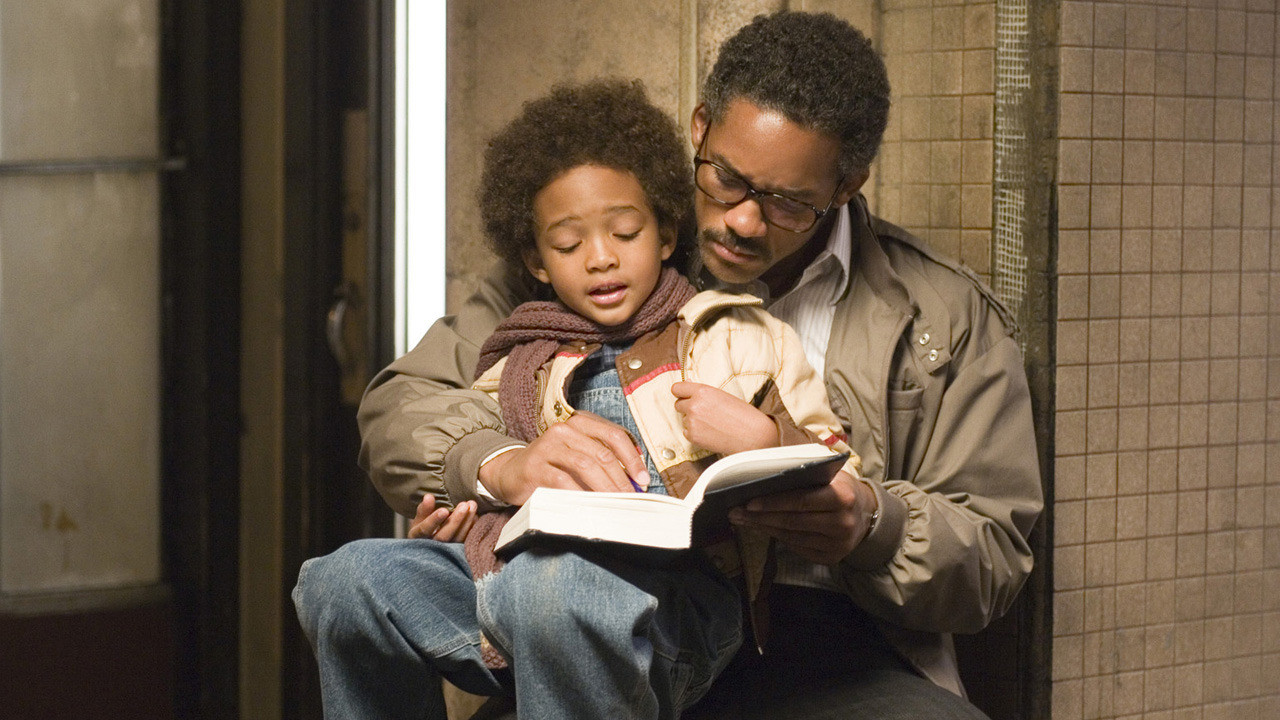
Welcome to the fourth installment of act two of author Ted Scofield’s series on everybody else’s biggest problem but your own. If you missed one or more of the previous installments, you can find them here.
In Act One of this epic, we determined that as a culture we cannot define ‘greed’ and certainly won’t label ourselves as ‘greedy’.
Today we’ll investigate a challenging fourth answer to the obvious follow-up question, Why? The bottom line is this: Accumulating money–income and wealth–is correlated with better mental health for ourselves and our offspring, higher self-esteem, and more confidence.
Let’s start with mental health. A 2013 Gallup survey of 100,000 American adults found that “depression decreases as income rises.” Specifically, those who earn $90,000 or more annually are three times less likely to be depressed than those who bring in under $36,000. Another study revealed that 30% of Americans with annual incomes less than $24,000 have been diagnosed with depression versus only 13% earning over $60K.
The British Journal of Psychiatry summed up the science in 2007: There is “a clear relationship between worsening socio-economic circumstances and depression.” (The relationship is quite linear up to $90K; beyond that point, unfortunately, the data becomes scarce. I assume that, based on extensive happiness research, the curve flattens out above $100K. I mean, how much less depression can an extra $10K buy once we’re already relatively comfortable?)
One might suspect that the money-mental health equation is a troubling cultural by-product of the livin’ the dream ethos we examined last time. Surely the higher rates of depression are purely psychological, a cold result of our society’s oppressive method of keeping score: Money. If you’ve got it, you’re a happy winner. If you don’t, you’re a depressed loser.
But new research out of the Washington University School of Medicine calls into question our logical presumption.
Released last month in The American Journal of Psychiatry, the study examined why “children raised in poverty tend to have poorer cognitive and educational outcomes and are at higher risk for psychiatric illnesses, including depression and antisocial behaviors.”
The results can only be described as horrifying. The researchers analyzed brain scans of children ages 7-12 and found a physiological explanation for the money/mental health relationship (and, one would surmise, the long-lamented “cycle of poverty”).
The researchers found that key structures in the brain are connected differently in poor children than in kids raised in more affluent settings. In particular, the brain’s hippocampus–a structure key to learning, memory and regulation of stress–and the amygdala–which is linked to stress and emotion–connect to other areas of the brain differently in poor children than in kids whose families have higher incomes. Those connections, viewed using functional MRI scans, were weaker, depending on the degree of poverty to which a child was exposed. The poorer the family, the more likely the hippocampus and amygdala would connect to other brain structures in ways the researchers characterized as weaker. In addition, poorer preschoolers were much more likely to have symptoms of clinical depression when they reached school age.
Compounding the disturbing physiological findings, co-author Dr. Joan L. Luby said “Previously, we’ve seen that there may be ways to overcome some brain changes linked to poverty, but we didn’t see anything that reversed the negative changes in connectivity present in poor kids.” In other words, the weak brain structure–associated with decreased regulation of emotion and stress and increased rates of depression–appears to be permanent. One need not imagine the impact it has on educational attainment, the number one predictor of income. Researchers have long associated mental health with graduation rates and the ability to both hold down a job and advance along a chosen career path.
Dr. Luby concludes on a welcome but cautionary note:
Poverty doesn’t put a child on a predetermined trajectory, but it behooves us to remember that adverse experiences early in life are influencing the development and function of the brain. And if we hope to intervene, we need to do it early so that we can help shift children onto the best possible developmental trajectories.
What does all this mean in terms of our greed discussion? Innately we internalize it; science confirms it: The ability to accumulate cash has implications not only for our own mental health, but also the psychological and physiological well-being of our children. Certainly one can logically ask, How can that be ‘greed’?
But it doesn’t end there. In Self-Esteem and Socioeconomic Status: A Meta-Analytic Review, a pair of psychologists concluded that wealthier individuals of all ages have higher self-esteem: “The effect size is very small in young children, increases substantially in young adulthood, continues higher until middle age, and is then smaller for adults over the age of 60.”
The arc makes sense, doesn’t it? Money makes us feel good about ourselves when we’re aware of its perceived benefits and able to healthily spend it on new stuff and experiences. It’s not as valuable to our self-esteem when we’re too young to understand it and later have reached an age when other exigencies intervene (or perhaps when lucre has lost its luster?). As fragile teens, money is a particularly strong way to separate ourselves from our peers. The European Journal of Public Health reported in 2009, “among socio-economic factors, family income is most related to self-esteem among adolescents.”
In addition to higher self-esteem, “the wealthy are more confident,” writes Steve Siebold, the author of How Rich People Think and himself “a self-made multi-millionaire.” Data supports his thesis (perhaps better described as his “business plan”?).
At the macro level, in the widely reported Consumer Confidence Index, Americans with annual income under $15,000 had a confidence index of 51.9; those earning over $50,000 measured 87.4, which amounts to 68% higher confidence. Reporting on the data, The New York Times’ headline minced no words: “Wealth Builds Confidence.”
Studies of individuals confirm it. For example, “when asked to visually depict themselves as circles, with size indicating relative importance, richer people picked larger circles for themselves and smaller ones for others,” Time reported in 2013, referencing research published in the Personality and Social Psychology Bulletin.
Siebold and the researchers acknowledge the same phenomenon: The higher levels of self-esteem and confidence create a self-fulfilling prophecy. Wealthy people believe they are more deserving of, well, wealth, which “creates a psychological tidal wave of momentum” that yields yet more wealth. Applied to older children and particularly to adolescents, whom I deem “echoes wed to idolatry” in Eat What You Kill, the phenomenon is, in essence, the flipside of the cycle of poverty. Pardon the overused cliché, but all of the science points to its statistical veracity: The rich get richer and the poor get poorer.
Written in 1937, Napoleon Hill’s Think and Grow Rich has sold over 70 million copies, perhaps because Napoleon articulated a reality that social scientists later confirmed. “Even thoughts of being wealthy can create a feeling of increased entitlement,” reported The Guardian in 2014.
Actual wealth pushes beyond feelings of entitlement to an attitude of virtual inevitability. “I honestly think I am just more deserving than other people” is a statement with which wealthy people agree at a far higher rate than their low-wealth peers, according to scientists. And who is more likely to aggressively pursue an educational goal or career advancement, a person who believes she deserves it or a person who does not feel deserving? We instinctively know the answer. Disappointment is easier to accept when expected. We will claw tooth and nail for what we believe we deserve. Entitlement begets action. The prophecy is fulfilled.
In 1860, long before MRI scans and statistical sampling and psychoanalysis, Ralph Waldo Emerson wrote: “The first wealth is health. Sickness is poor-spirited, and cannot serve any one: it must husband its resources to live. But health or fulness answers its own ends, and has to spare, runs over, and inundates the neighborhoods and creeks of other men’s necessities.”
Emerson knew not how his words would transcend his time and fertilize a paradoxical cultural creed: Your material wealth is arrogance, selfishness, avarice. My material wealth is mental health, self-esteem, confidence. Greed is not part of my equation.
https://www.youtube.com/watch?v=ijZRCIrTgQc

COMMENTS
3 responses to “Everybody Else’s Biggest Problem: Wealth is Health”
Leave a Reply
















Have you sought to find out the relationship in christians and non believers at these different income levels?
David, I have seen quite a bit of data on income distribution by religious affiliation. Pew releases a comprehensive survey annually. Do you have thoughts on how the relationship might be relevant to the “wealth is health” topic?
Thank you Ted for articulating this. At Partners In Health we live in the world where poverty is directly linked to health #PovertyMakesYouSick #pih